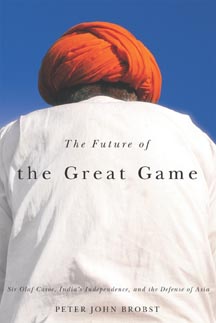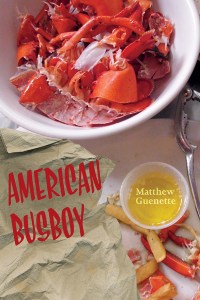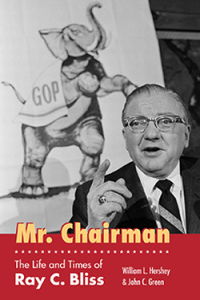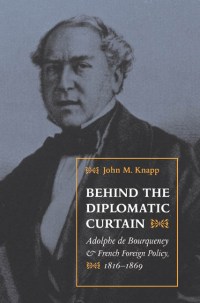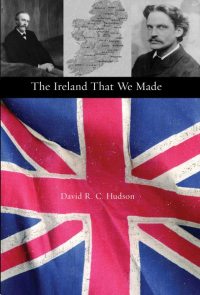Description
The Great Game originally described Britain’s efforts to maintain India as a base from which to defend the Persian Gulf and southeast Asia against rival empires. As British India’s leading geostrategist during the end of imperial rule, as well as the last British governor on the Afghan frontier, Sir Olaf Caroe saw the future of the Great Game. He predicted with remarkable acuity how the struggle for mastery in South Asia’s borderlands would play out beyond the end of the Raj.
In the aftermath of 9/11, much as Caroe foretold, flashpoints continue to light up from Afghanistan and the Persian Gulf to Nepal and Burma; threats range from terrorism and insurgency to naval expansion and nuclear rivalry. India commands the vital center, its power key to the overall stability and defense of Asia.
This book examines Caroe’s thinking to illuminate both the geopolitics behind India’s independence in 1947 and the historical precedents of contemporary South Asian strategy.
The Great Game is usually thought of as the nineteenth-century quest for the mastery of Asia and the dramatic confrontation between Britain and Russia on the frontiers of India. Peter John Brobst relates how the Great Game reached a climax in the twentieth century with India’s partition in 1947—and progressed to another when the geopolitical struggle shifted to the ‘Wells of Power’ in the Middle East. This is a superb book that will be of interest to historians of Britain and India as well as general readers wanting to know how the Great Game continues today in the Middle East.
—Wm. Roger Louis, University of Texas
[Peter John Brobst’s The Future of the Great Game is] finely written, clearly and cogently argued, and substantively important. . . . British Indian official Sir Olaf Caroe is the central figure in Brobst’s exploration of the ideology of British imperial geopolitics and “official mind of the Great Game,” and of particular interest is Caroe’s concern with China—dismissed at the time by his colleagues in London.
—Robert Hardgrave, Temple Professor of the Humanities in Government and Asian Studies at the University of Texas
This work marks a timely and original contribution to recent work on decolonization and the making of the modern world and does so with a commendable level of clarity.“”
—Douglas M. Peers, University of Calgary
